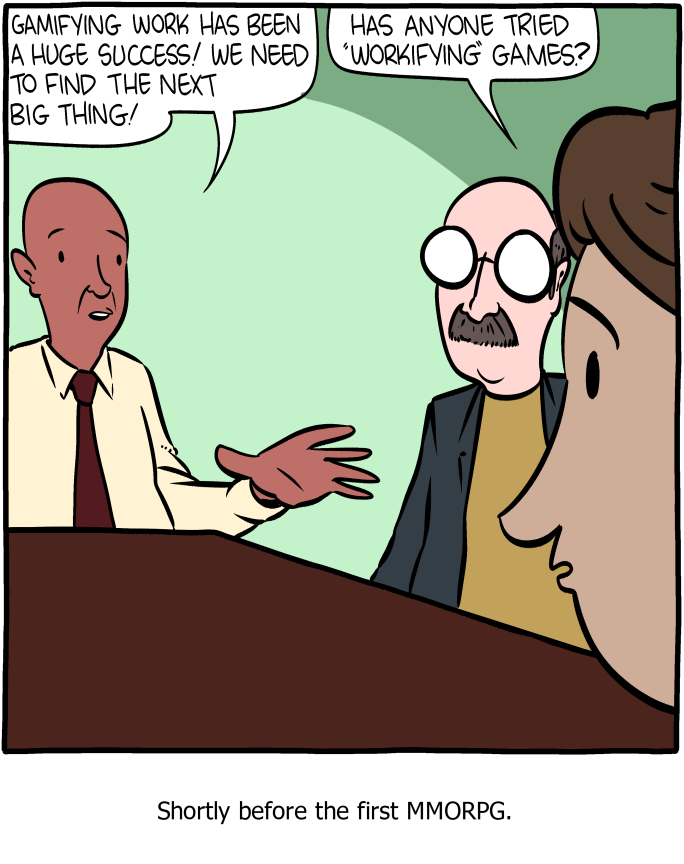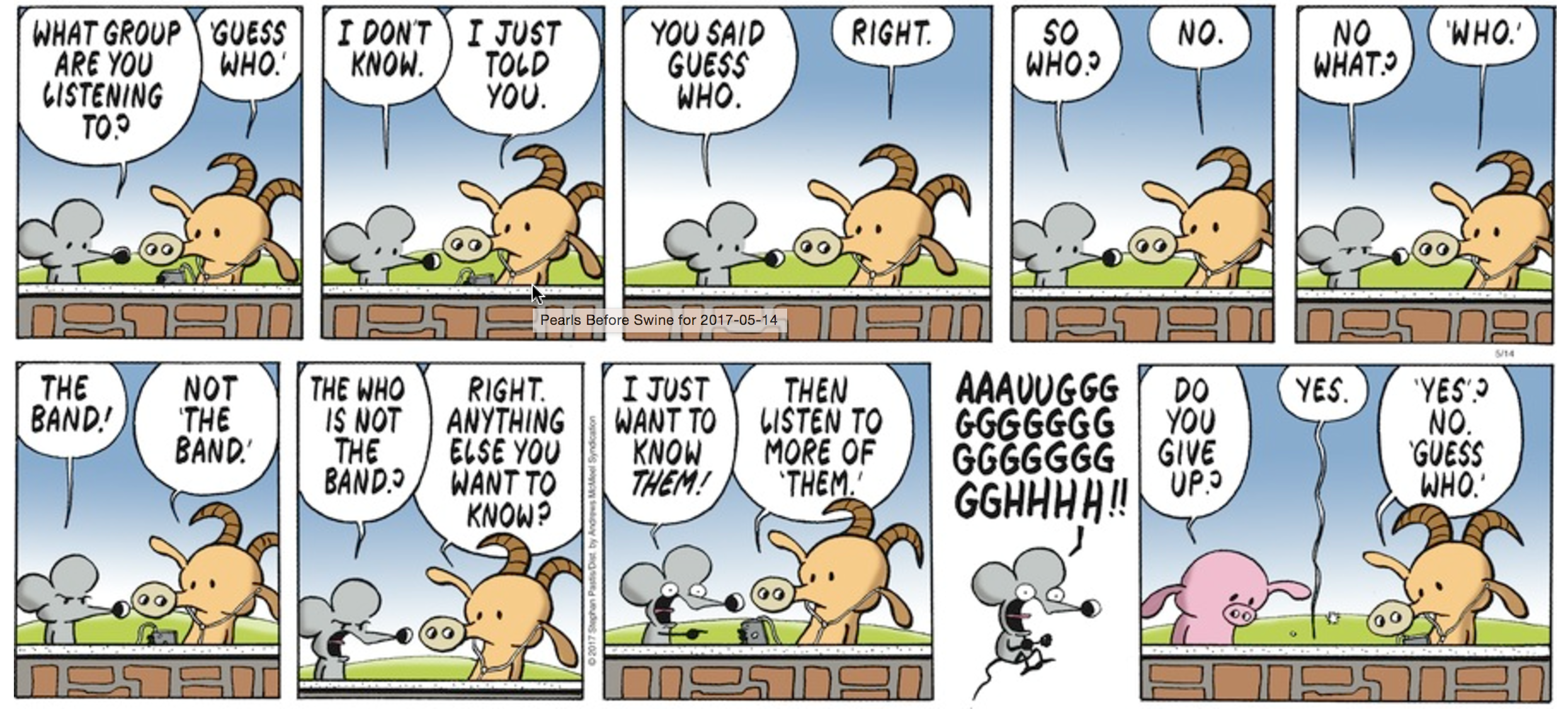Um…
CNN now stands for Cardiac Care Network because their ppl are having heart attacks over Trump doing what Dems once demanded-fire Comey.
— Gov. Mike Huckabee (@GovMikeHuckabee) May 10, 2017
CNN, CCN, whatever…
More evidence for the Conservation of Gemination.
English names in East Asia
We have had thousands of students from China, Taiwan, Hong Kong, and Singapore enrolled as undergraduates and graduate students at Penn. To name just a few at random, there are Andromeda, Tess, Sophie, Isis (but she changed it to Iset after finding out about the Islamic terrorist state), Leander, Lovesky, and so on. I won't speculate on why they choose the names they do (and, of course, there are plenty of students named David, Peter, Henry, Susan, Nancy, Jane, and even an occasional Carlos, etc.), but the fact remains that almost every student from the Sinosphere who applies to Penn has an English name of one sort or another. Many of them, prodded by their American teachers or friends, give up these foreign names after a while, or they use their Chinese names and English names in different circumstances.
The same is true for Korea, and it seems to an even greater degree, such that in some circles in Korea, having an English name is obligatory:
"Why Korean companies are forcing their workers to go by English names" (WP, 5/12/17)
Read the rest of this entry »
Not very difficult at all?
"Cyberattack thwarted by flipping 'kill switch' but experts fear new blitz", ABC News 5/13/2017
The attack appears to have been thwarted by private cybersecurity researchers who identified and triggered the malware’s "kill switch," which halted the attacks before it spread throughout U.S. networks, a senior U.S. intelligence official confirmed, but it is unclear whether, the official said, a modified attack will soon be launched.
"That is a huge concern right now," said Darien Huss, a senior security research engineer at Proofpoint who was among the researchers who helped disable the virus, called "WannaCry," told ABC News today. "It would not be very difficult at all to re-release this ransomware attack without a kill switch or without an approved kill switch that only they can activate."
That second "without" should be "with", I think. Anyhow we've got most of the usual misnegation suspects — a modal, a scalar predicate, a few negatives — which make sentences semantically difficult. And here the disjunction of prepositional phrases adds to the difficulty.
No word for "Community Room"?
At the Valencia Police Station in San Francisco, CA, there is a sign reading "Community Room" in English and Spanish. There is also Chinese on the sign; however, apparently a word or two is not considered adequate to communicate this concept in Chinese.
Read the rest of this entry »
Cheater's stocks in Hong Kong and on the Mainland
Until three days ago when I read the following article in the South China Morning Post, I had never heard of this expression:
"Opinion: All you need to know about cheater’s stocks: its lures, its victims and the key opinion leaders" (Shirley Yam, 5/10/17)
She calls these stocks LAO QIAN GU in Chinese, but since I was not familiar with the expression, I was unable to think right away what characters she had in mind.
Read the rest of this entry »
Weaponized Tibetan Pinyin
Jichang Lulu has just posted a very interesting article titled "the clash of romanisations" (5/12/17). It begins:
Last month the Ministry of Civil Affairs (民政部) published a list of six ‘standardised’ place names in the Indian state of Arunachal Pradesh, a large part of which the PRC claims as part of South Tibet (藏南). This generated the predictable Indian protests, media brouhaha and mandatory Globule sovereignty-reaffirming blather. Analysis of what’s being called a “renaming” of Arunachal “districts” sees it as retaliation for the Dalai Lama’s recent visit to the region. All these hit-back-at-the-DL-to-“re”affirm-sovereignty readings are surely plausible, but I don’t think it’s very clear in which sense these ministerial coinages are ‘renaming’ or ‘standardising’ anything.
Read the rest of this entry »
Priming the pump: a cartoon history
As Mark Liberman noted, Donald Trump seemed to imply in his recent interview with The Economist that he coined the phrase "priming the pump," or at least the financial use of it: "I came up with it a couple of days ago and I thought it was good." Was this just some sort of peculiar joke, especially considering that Trump himself has used the phrase several times in the past? We may never know, but I thought it would be worth delving into the history of "priming the pump" in a way that even our reading-averse president might appreciate: through cartoons. The financial metaphor of "priming the pump" was frequently depicted by editorial cartoonists in the 1920s and '30s, so much so that it became something of a visual cliché.
Read the rest of this entry »
Priming the pump
"Transcript: Interview with Donald Trump", The Economist 5/11/2017:
That all goes into tax reduction. Tremendous savings.
But beyond that it’s OK if the tax plan increases the deficit?
It is OK, because it won’t increase it for long. You may have two years where you’ll…you understand the expression “prime the pump”?
Yes.
We have to prime the pump.
It’s very Keynesian.
We’re the highest-taxed nation in the world. Have you heard that expression before, for this particular type of an event?
Priming the pump?
Yeah, have you heard it? Yes. Have you heard that expression used before? Because I haven’t heard it. I mean, I just…I came up with it a couple of days ago and I thought it was good. It’s what you have to do.
It’s…
Yeah, what you have to do is you have to put something in before you can get something out.
Read the rest of this entry »
When intonation overrides tone, part 2
Richard Warmington has a deep interest in the relationship between tone and intonation, especially in Mandarin. He has made a number of penetrating observations and asked a series of probing questions on this phenomenon. Since this is also a subject that has come up numerous times on Language Log (see below for a several previous posts), I will list here a few of Richard's remarks about tones and intonation, with an eye toward encouraging further discussion.
Read the rest of this entry »
Similes for quality of computer code
I must admit to having enjoyed the series of savage similes about quality of computer program code presented in three xkcd comic strips. They show a female character, known to aficionados as Ponytail, reluctantly agreeing to take a critical look at some code that the male character Cueball has written. Almost at first sight, she begins to describe it using utterly brutal similes. In the first strip (at http://xkcd.com/1513) she announces that reading it is "like being in a house built by a child using nothing but a hatchet and a picture of a house." But Ponytail is not done: there is more bile and contempt where that came from.
Read the rest of this entry »
Permalink Comments off
Draconic nomenclature
Madeline K. Sofia, "'Baby Dragon' Found In China Is The Newest Species Of Dinosaur" (NPR, 5/9/17) clarifies the origin of Beibeilong sinensis, the newest dinosaur species:
In 1993, farmers in China found a Beibeilong embryo and eggs in Henan province. The fossils were sold to an American fossil company called The Stone Co. and brought to the United States. A model of an embryo curled inside an egg was famously featured on the May 1996 cover of National Geographic and was nicknamed "Baby Louie."
Read the rest of this entry »


